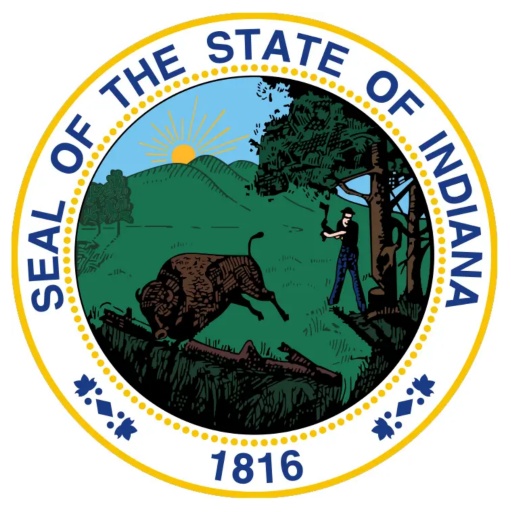January 16th, 2023
Montana Senate Public Health, Welfare and Safety Committee
Chair McGillvray, Vice Chairs Lenz and Kelker, and all distinguished members of the Montana Senate Public Health, Welfare and Safety Committee:
I appreciate the opportunity to comment on increase prescriptive authority for pharmacists in Montana (SB 112). I am an assistant professor and research fellow for the Knee Center for the Study of Occupational Regulation at West Virginia University. This comment is not submitted on behalf of any party or interest group.
All but five counties in Montana are primary care health professional shortage areas, where there is significant reduced access to physicians when residents need routine and preventative care.(1) Montana can take an important step towards increasing access to healthcare services for residents by maximizing the number of locations and providers where residents are able to obtain necessary prescriptive medications for routine and minor conditions.
The neighboring state of Idaho was the first to pass similar expansive prescriptive authority changes for pharmacists in 2018. Focusing on patients with diabetes or asthma, this change allowed individuals to obtain insulin pen needles and rescue inhalers without having to seek out emergency room treatment or waiting days, or weeks, for scheduled visits with a specialist.2 This has increased access to medication that helps prevent potentially life-threatening health emergencies if individuals do not receive timely preventative medicines.
Prescriptive authority expansions for pharmacists may have similar effects on increasing the number of locations where Montana residents are able to receive medications that are crucial for promoting preventative health care and improving patient well-being. This does not replace specialized and primary care, as patients are often required to have previous or existing prescriptions, but allows pharmacists to be an important part of the patient-focused care team. Access to medications is pivotal for bettering health outcomes for rural and marginalized communities that may not have ready and timely access to their physician or specialist.
In summary, the proposed expansion for pharmacists to prescribe a limited set of medications for patients represents an improvement for access to healthcare for the great residents of Montana.
Best regards,
Alicia Plemmons
1 https://dphhs.mt.gov/ecfsd/primarycare/shortageareadesignations
2 https://papers.ssrn.com/sol3/papers.cfm?abstract_id=4294905
Dr. Alicia Plemmons, Assistant Professor of General Business Research Fellow, Knee Center for the Study of Occupational Regulation Reynolds Hall 6306, Alicia.Plemmons@mail.wvu.edu




